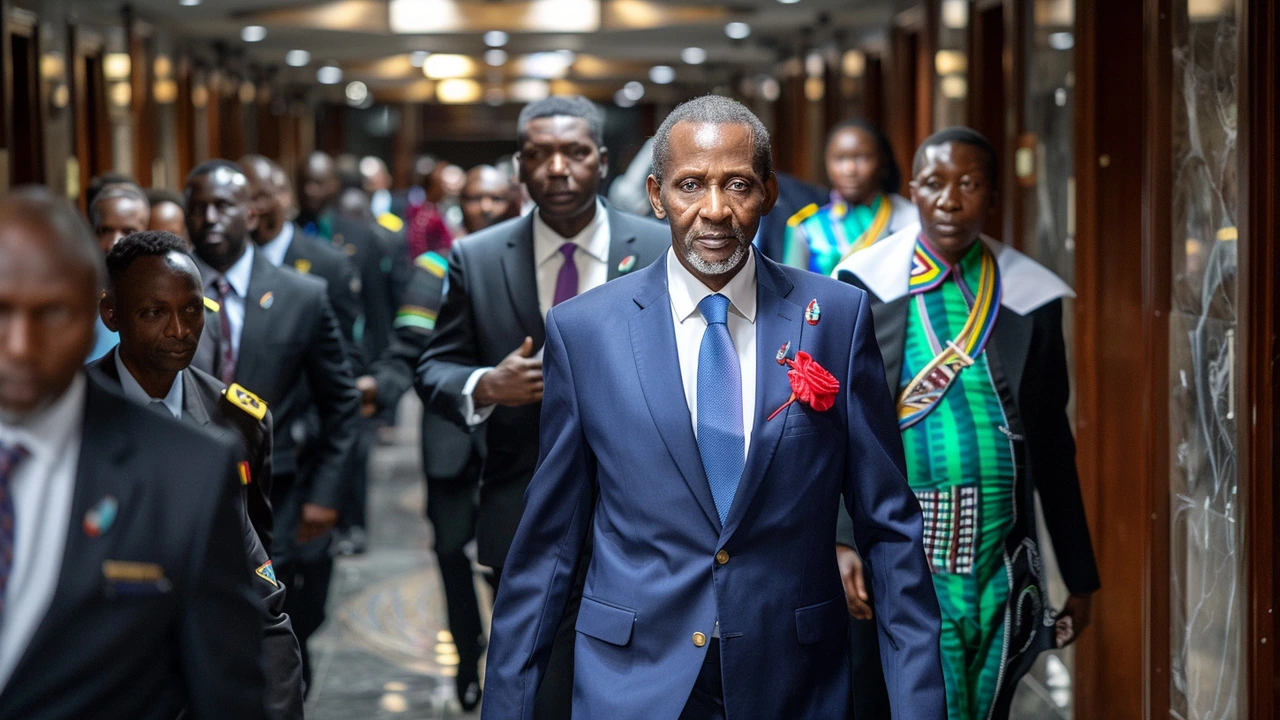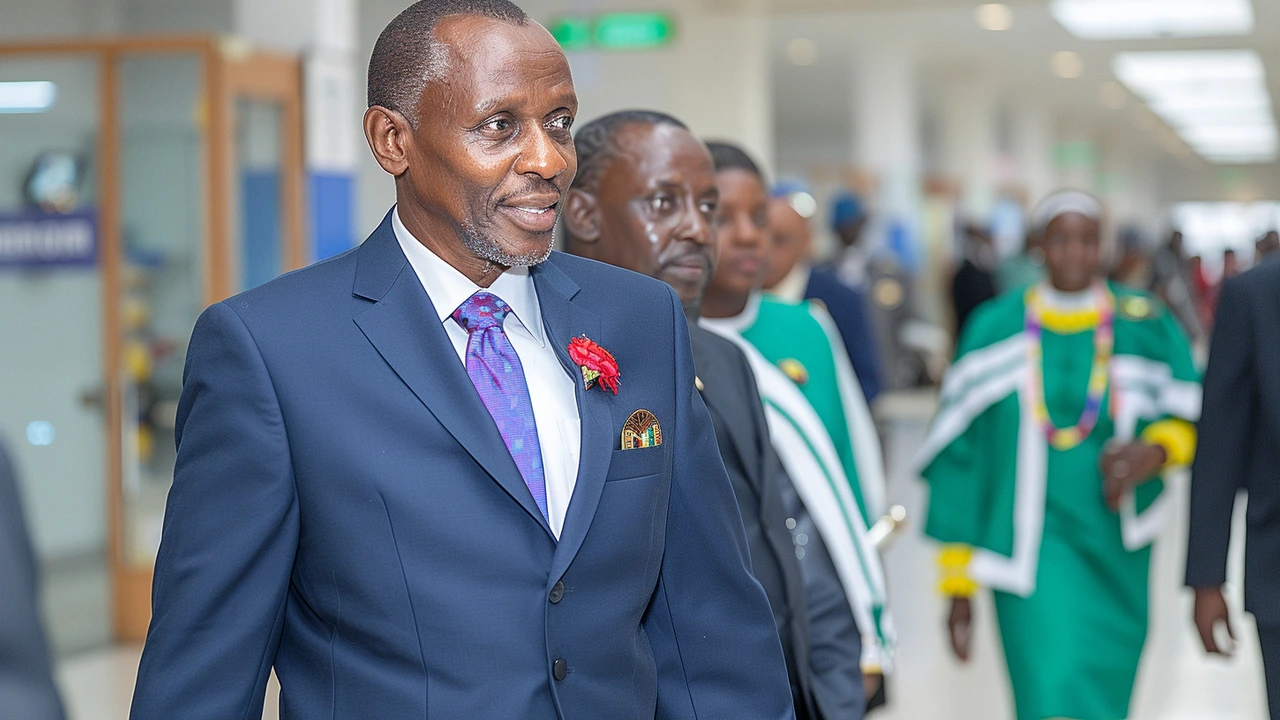Kenya's Budget Process: A Detailed Overview
June 13 is set to be a significant date for Kenya's financial landscape as Treasury Cabinet Secretary Njuguna Ndung’u will unveil the National Budget Policy Statement for the 2024/25 financial year. This event is not just a formality but a carefully planned step that fits into a larger framework of fiscal responsibility and transparent governance. The budget presentation precedes Parliament's approval of the Finance Bill 2024, a document that will outline the government's fiscal policies, including taxation measures, revenue generation strategies, and amendments to existing tax laws.
The synchrony with other East African Community (EAC) member states is no coincidence. The EAC Treaty mandates that finance ministers of partner states read their budgets simultaneously on the same day, fostering regional unity and ensuring that no country operates in fiscal isolation within the bloc. This simultaneous announcement helps align economic policies and strategies across the region, enabling better cooperation and more stable economic growth.
The Role of the National Assembly Finance and Planning Committee
Once the National Budget Policy Statement is presented, the National Assembly Finance and Planning Committee will take center stage. Their task is to review the Finance Bill 2024 and present their findings to the National Assembly. This review process is crucial as it allows for scrutiny and adjustments, ensuring that the proposed fiscal measures are feasible and beneficial for the country. The findings of the committee will be closely watched and debated in the National Assembly the following week.
The Finance Bill 2024 is more than just a list of numbers. It encapsulates the government's fiscal policies and outlines how it plans to generate revenue and manage expenditures. This includes various taxation measures and amendments to existing tax laws. Effective revenue collection is key to supporting the government's expenditure plans, which cover essential services such as healthcare, education, infrastructure development, and security. The budget thus serves as a financial blueprint for the nation, guiding its economic development and ensuring the welfare of its citizens.

The Legislative Framework: Public Finance Management Act and the Constitution
Kenya's budget-making process is governed by the Public Finance Management Act of 2012 and the Constitution of Kenya of 2010. These legal frameworks are designed to ensure that the budget process is transparent, accountable, and participatory. The process commences by August 30 each year, kicking off with the preparation of budget estimates. These estimates must be submitted by April 30, giving ample time for review and public consultation.
Once submitted, the estimates go through a rigorous review process by Parliament. This review includes public participation, ensuring that the views and concerns of citizens are considered. The estimates are then publicized, allowing for further scrutiny and transparency. The final stage is the approval and legislation of the budget, which must be completed by June 30. This structured process ensures that the budget is not only a financial document but a reflection of the country's priorities and values.
Importance of Transparency and Accountability
Transparency and accountability are fundamental principles in Kenya's budget-making process. By adhering to the guidelines set out in the Public Finance Management Act and the Constitution, the government ensures that the budget is not just an administrative task but a democratic process. Public participation and parliamentary review are critical components, providing checks and balances that prevent fiscal mismanagement and corruption.
The annual budget presentation is more than a financial routine; it is a declaration of the government's economic philosophy and a statement of its commitment to the well-being of its citizens. By involving multiple stakeholders and fostering an environment of open dialogue, the budget process becomes a tool for building trust and confidence in the government's ability to manage the country's resources effectively.

Challenges and Opportunities
Despite the structured process, Kenya's budget-making journey is not without its challenges. Economic fluctuations, changes in global market conditions, and unforeseen events such as pandemics or natural disasters can impact revenue projections and expenditure plans. The government must remain adaptable and responsive, adjusting its strategies to meet these challenges while maintaining fiscal stability.
On the flip side, the budget process also presents numerous opportunities. It is a chance for the government to introduce innovative policies and reforms that can drive economic growth and development. By focusing on key areas such as technology, agriculture, and renewable energy, the budget can pave the way for a more sustainable and prosperous future.
Conclusion
As Kenya prepares for the budget presentation on June 13, the nation will be watching closely. The National Budget Policy Statement and the subsequent approval of the Finance Bill 2024 will set the tone for the country's fiscal policies and economic direction for the coming year. Guided by the principles of transparency, accountability, and public participation, the budget process is a testament to Kenya's commitment to good governance and sustainable development. The structured and participatory nature of the budget-making process ensures that the nation's financial resources are managed effectively, ultimately benefiting all Kenyans.

